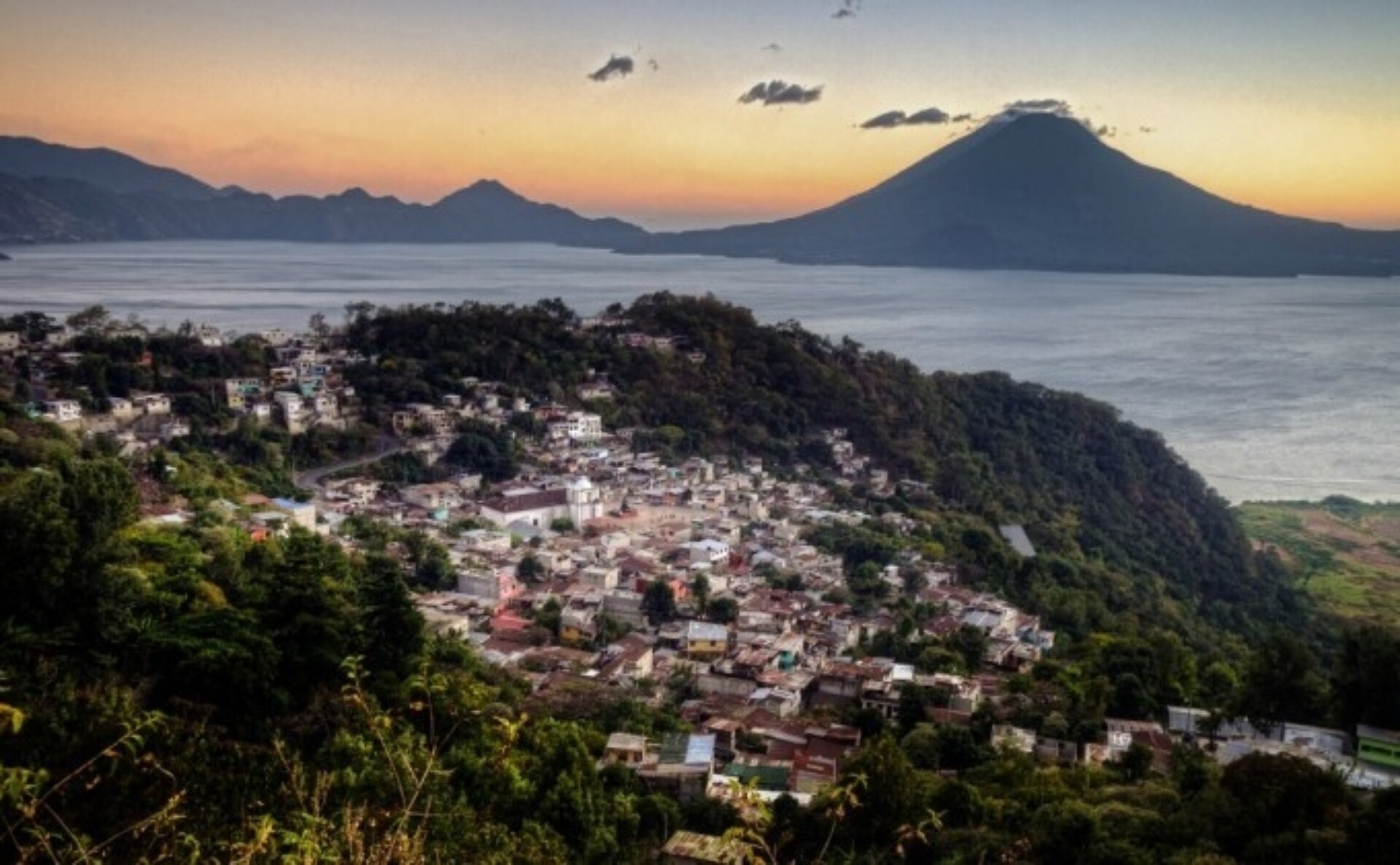
Completed project
PROATITLAN
September 2014 to September 2018
USD $1,574,543
Multilateral Investment Fund (FOMIN): USD $1,146,219 Sustainable Waste Management Authority for the Lake Atitlán Basin and Surrounding Areas (AMSCLAE) and CECI: USD $429,324
Direct: 160,000 people living in four selected municipalities
Indirect: The living conditions of 321,500 residents of the Lake Atitlán basin area will be improved along with the environmental and socioeconomic conditions generated by more effective solid waste management in the lake area.
Sustainable Waste Management Authority for the Lake Atitlán Basin and Surrounding Areas (AMSCLAE)
CECI and the Sustainable Management Authority for the Lake Atitlán Basin and Surrounding Areas (AMSCLAE) are carrying out a three-year project from 2014 to 2017, with technical and financial support from the FOMIN fund (Inter-American Development Bank - IDB), to increase family incomes in selected communities by creating jobs in waste management and in the sale of recycled materials and organic compost from solid waste.
The project will take place over three phases:
- Dialogue is facilitated between municipalities, farmer organizations and other interested parties to decide the type of community organization to put in place for waste management in each municipality.
- From this dialog, community waste management entities are created or strengthened in each municipality to handle the operation and sustainable upkeep of the new system. This system will include operational plans for each municipality for recuperating operational and maintenance costs through a differentiated fee system.
- The local market for recycled materials and compost are improved and expanded and compost sales are supported.
Objectives and activities:
The AMSCLAE estimates that the volume of solid waste produced by the municipality of Sololá is 37,447 metric tons (MT), of which 2,213.71 MT empties into Lake Atitlán. If no measures are taken to mitigate this situation, the next five years will hold dire consequences for this important natural resource, which will become eutrophic. In 2012, CECI, SOCODEVI and AMSCLAE worked through the Sololá economic development project (PROSOL) to form the PROATITLAN project, which aims to strengthen local solid waste management systems by improving fee structure, raising awareness and promoting joint management of services.
The ultimate goal of this project is to improve the living conditions of the people who live in selected Lake Atitlán basin municipalities. The targeted results will help create a sustainable solid waste management model while encouraging active participation from Sololá, Panajachel, Santiago Atitlán and San Pedro La Laguna municipality residents.
Main project components:
- Component I: Environmental awareness
- Component II: Creation of new waste management entities
- Component III: Recycling and composting support
- Component IV: Knowledge management and strategic communication
The biggest challenge to overcome will be to spark a change in the attitudes of residents about recycling, reusing and reducing the volume of waste. The project will also encourage a change in attitude about the final disposal of waste and defraying the fees for this service, which will help reduce waste treatment costs in the communities surrounding Lake Atitlán.
Impact: There are several outcomes forecasted for the end of the project in 2017. The solid waste management capacities of municipalities will be strengthened with updated regulations and differentiated fees for operations and upkeep. Community structures will be established to manage the marketing of recyclable waste and organic products. The volume of waste in Lake Atitlán will be reduced, as will the cost of waste management to municipalities. Last but not least, jobs will be created in recyclable and organic product sales.
Results that count
490,000
people sensitized on waste reduction and sorting and on paying for solid waste management services
800
Tons of recyclable materials marketed for reuse or recycling
500
Tons of waste kept out of Lake Atitlan
Publication - November 01 2018
Environmental sustainability